(November 4, 2022) The global pandemic exposed the inaccessibility of general life-saving medicines in developing countries. From basic paracetamol to only-on-prescription Remdesivir, patients across the world suffered from a severe shortage of medicines in the last two years. While many accepted it to be a side effect of the COVID-19 situation, a few decided to stand up and fight against the inequities in the global pharmaceutical system. One such leader is Indian-American health justice lawyer, Priti Krishtel, who recently won the MacArthur Fellowship, unofficially known as the ‘genius grant’, who exposed pharma companies for misusing the patent laws in the United States of America.
“By distilling the technical aspects of the patent system to show its sometimes devastating impact on people’s lives, Krishtel is galvanizing a movement to center around people instead of only commercial interests in our medicines patent policy,” McArthur Foundation said announcing this year’s 25 fellowships. The grant carries an $800,000, no-strings-attached grant for individuals who have shown exceptional creativity in their work and the promise to do more.
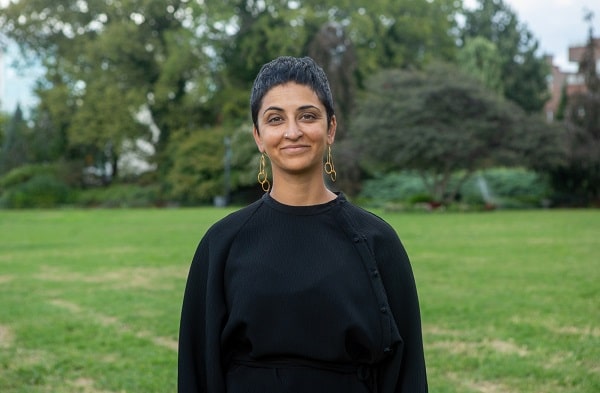
Health Justice Lawyer, Priti Krishtel, won the McArthur Grant for exposing the inequities in the patent system to increase access to affordable, life-saving medications on a global scale
For over 20 years now the California-based lawyer has been fighting against big pharmaceutical companies, keeping them from exploiting loopholes in the U.S. patent laws that allow them to keep exclusive rights to medicines for an extended period. Through this, the companies can sell their drugs at high prices without the threat of competition. This means that people and countries in need of medication are often unable to afford it.
Standing for a million lives
The daughter of a pharmaceutical scientist who worked for drug companies, Priti Radhakrishnan was always sensitive towards matters of social justice. After earning an undergraduate degree from the University of California, Berkeley, and a law degree from New York University, Priti, like many others, joined a big law firm in Los Angeles. However, her ideas about the pharma patent system came crashing down during her initial days, while she was working on a project in India.
It was personally gut-wrenching for me to know that the drugs had come to market, but they just weren’t getting to the people who needed them, and there was such a huge time lag in making that happen.
The lawyer was leading a team representing HIV-positive clients in court when she noticed that in AIDS cases a diagnosis was a death sentence, nearly every time. While there were antiretroviral therapies available, they were not affordable for her clients. So bad was the condition, that if parents were diagnosed with HIV, they would just hand over their kids to an orphanage. “This early work in India left a permanent mark on my heart,” the lawyer said during an interview with Devex, adding, “It was personally gut-wrenching for me to know that the drugs had come to market, but they just weren’t getting to the people who needed them, and there was such a huge time lag in making that happen.”
This motivated the lawyer to co-found the Initiative for Medicines, Access, and Knowledge, or I-MAK, in 2006. She partnered with Tahir Amin, an expert on intellectual property law, who had formerly represented big corporations and health experts. “The patent system was intended to motivate people to invent by giving them a reward of a time-limited monopoly. But in the last 40 years, that intention has been distorted beyond recognition,” the Global Indian said.
Explaining how the patent law is abused by big companies, the lawyer said in an NPR interview, “Take the top-selling drug in the country, HUMIRA. After the first patent expired, the company, AbbVie, filed and got so many more patents that they made two-thirds of all their revenue. But what you see in another part of the world, like Europe, is that the price came down because other companies came in as competition.
“So how drug companies are using the patent system, and the fact that patients don’t have a voice in the patent system is leading to longer monopolies, higher prices, or drugs not being available at all.”
Fighting the system
So far, the lawyers have led teams to stop pharma giant Novartis from patenting the leukemia drug Gleevec, and have twice prevented Abbott Laboratories from patenting the HIV medicines. The organisation has also worked with advocacy groups in various countries to reform the drug development system by involving the affected community in the process. “The system is completely insulated from the human consequences of how it works,” the lawyer said, “So how do we humanise the system? How do we bring it into more proximity with the people it’s meant to serve, and evolve it for the better?”
The year pandemic stuck marked a pivotal time for the lawyer. With the big pharma companies such as Moderna having monopolies on their products, the reach of COVID vaccines was limited to the developed nations. During her research, the lawyer found that while 55 percent of people in developed countries were vaccinated, only one percent of the population in developing countries had access to any kind of vaccine. She even called out the then US President, Donald Trump’s pushing of vaccines for American citizens “the beginning of a new Hunger Games”.
“COVID taught us that when the biggest drug companies have monopolies on their products, they will always sell to the highest bidder. They will always price the medication or the vaccines out of reach. For example, Moderna was almost 100 percent publicly funded. But unfortunately, the U.S. government gave away the right to the vaccine. So, now Moderna stands to make $100 billion by the end of this decade, and $40 billion alone by the end of this year. And it was taxpayer funding that helped bring that invention to market,” she told NPR.
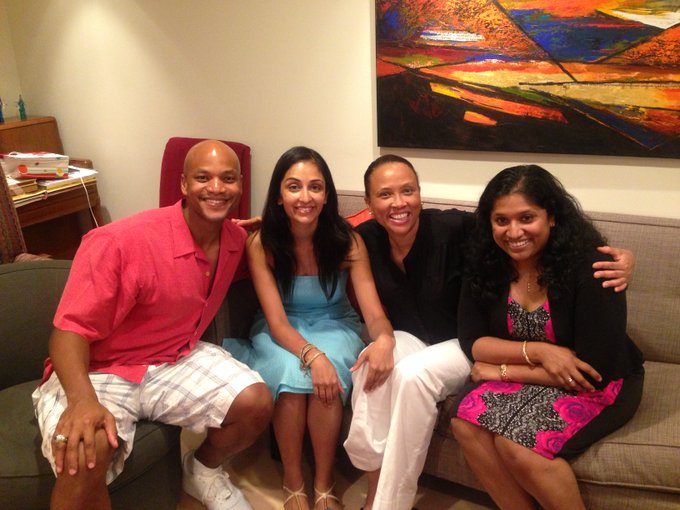
Priti with her friends
Inspired by her father, the lawyer kept fighting against the system, arguing that apart from intellectual property law reform the US government should work towards technology transfer to help manufacture all medicines locally.
A mother to a four-year-old, the lawyer feels that while there is a long way to go to bring these reforms, slowly she can see the changes. “I just don’t think that people’s ability to heal should depend on their ability to pay. And I think we all can be a part of the solution,” says Priti.

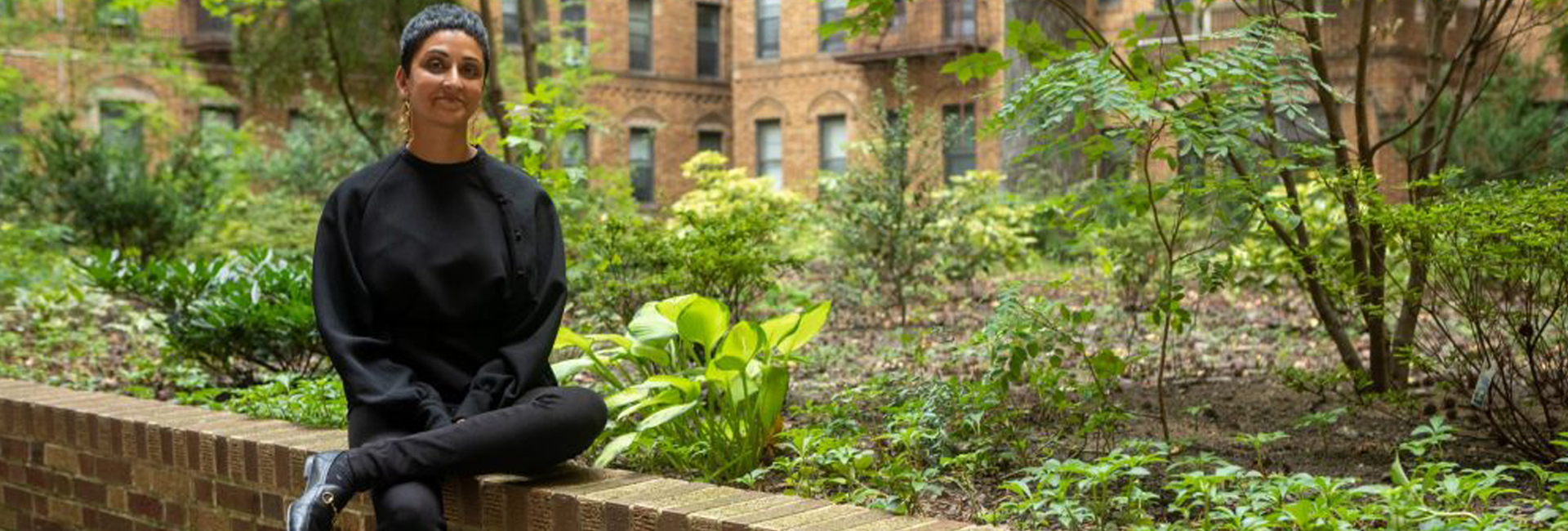
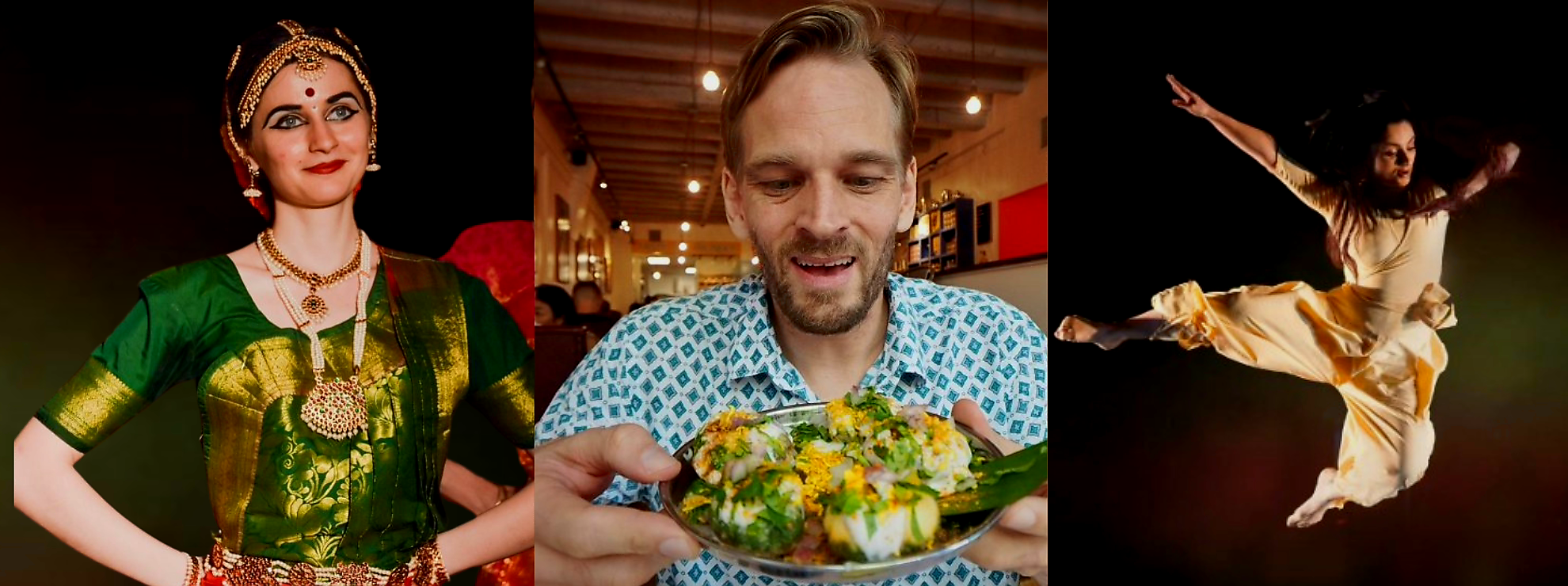
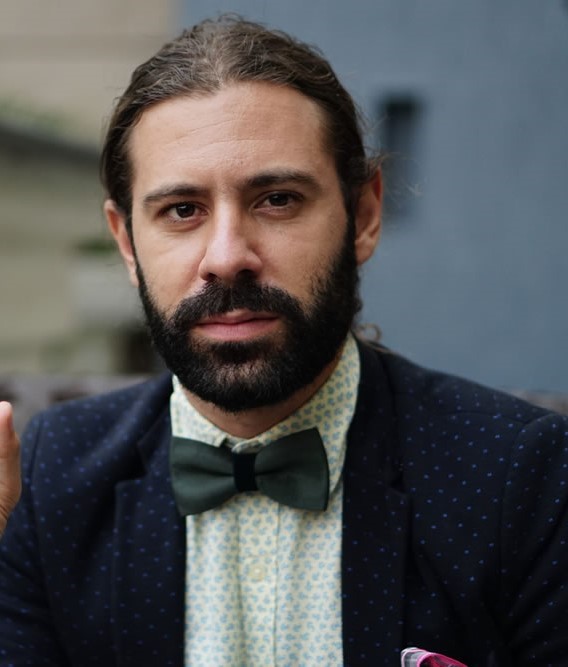 David Belo[/caption]
David Belo[/caption]
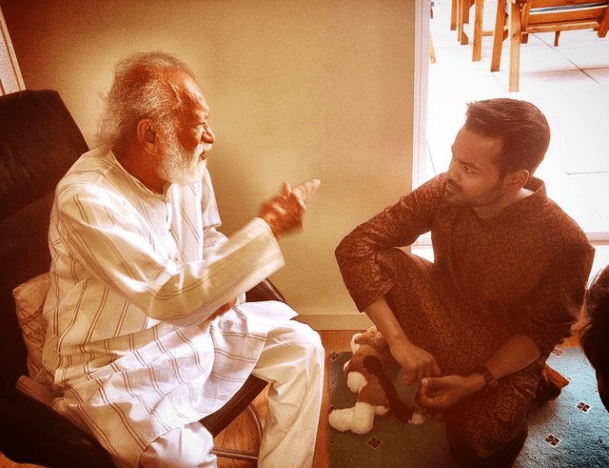 Soumik with Pandit Ravi Shankar[/caption]
Soumik with Pandit Ravi Shankar[/caption]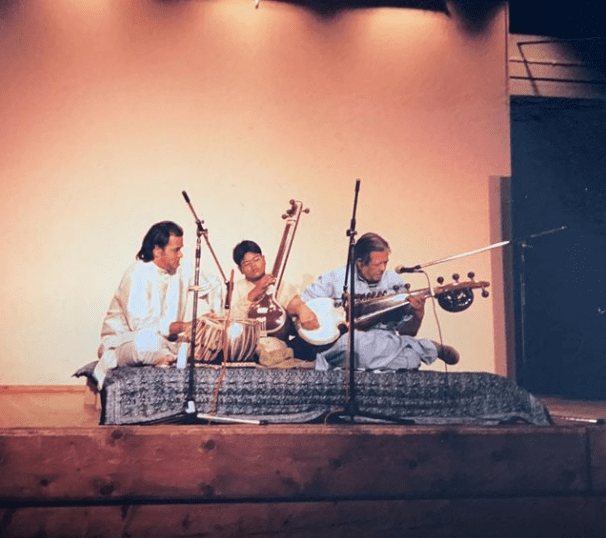 Young Soumik, playing the tanpura, with his guru Pandit Buddhadev Das Gupta[/caption]
Young Soumik, playing the tanpura, with his guru Pandit Buddhadev Das Gupta[/caption]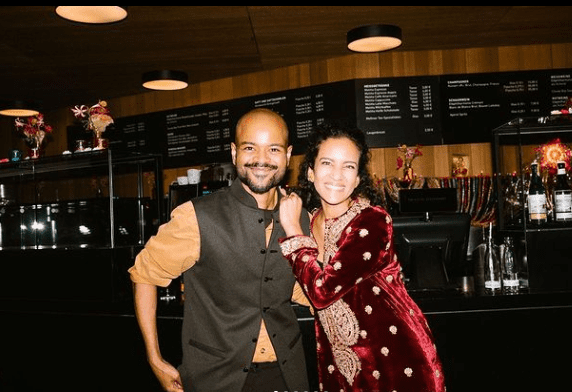 Soumik with British-Indian-American sitar player, Anoushka Shankar[/caption]
Soumik with British-Indian-American sitar player, Anoushka Shankar[/caption]
 The Met Gala carpet, designed by Neytt by Extraweave.[/caption]
The Met Gala carpet, designed by Neytt by Extraweave.[/caption]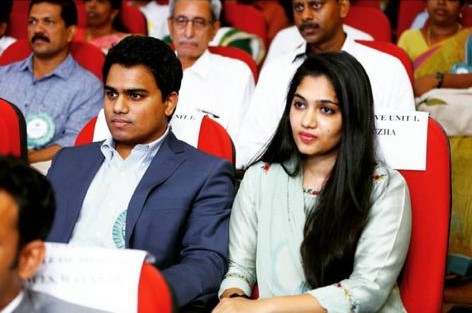 Sivan Santhosh and Nimisha Srinivas[/caption]
Sivan Santhosh and Nimisha Srinivas[/caption]
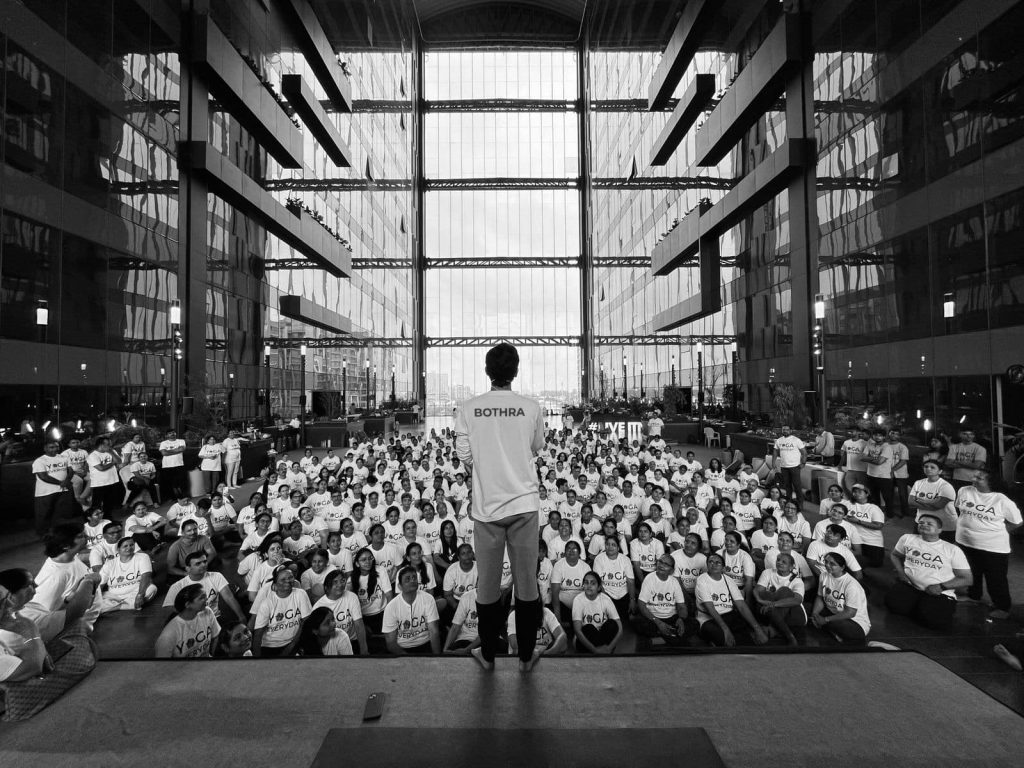 Saurabh Bothra conducting an offline yoga session[/caption]
Saurabh Bothra conducting an offline yoga session[/caption] Saurabh Bothra[/caption]
Saurabh Bothra[/caption]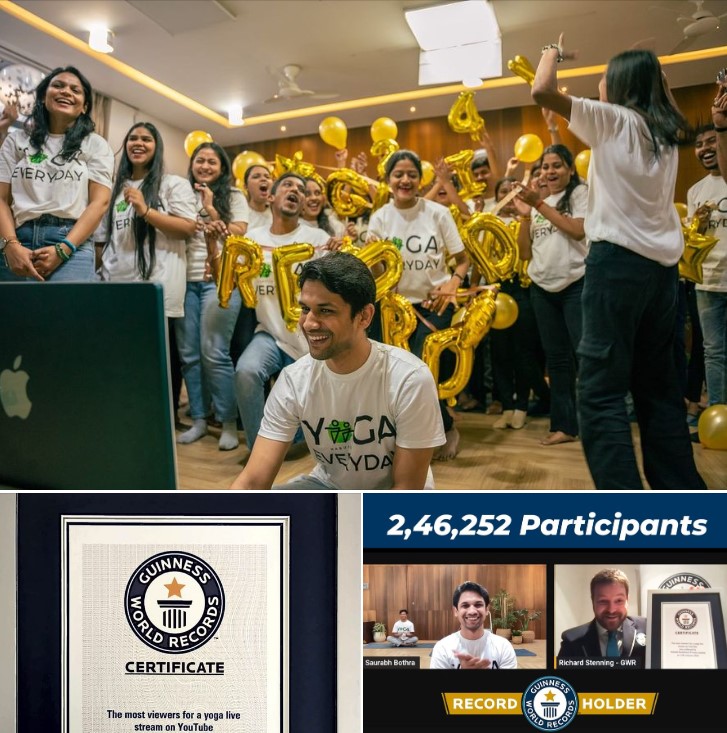 Habuild Team got successful in earning a Guinness World Record[/caption]
Habuild Team got successful in earning a Guinness World Record[/caption]
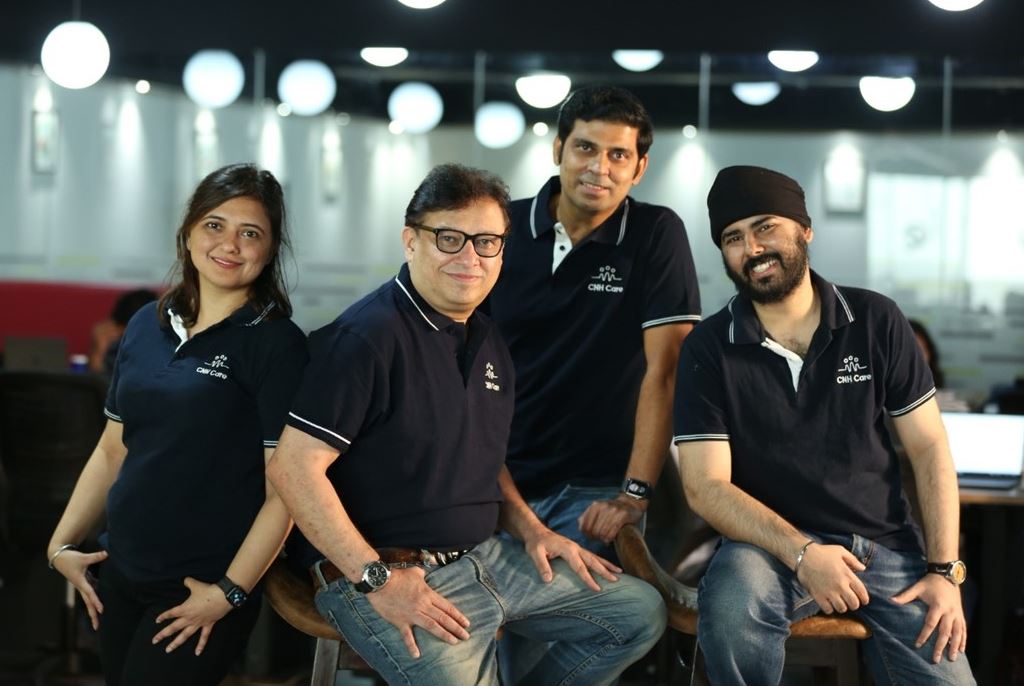 Galveender Kaur, Sanjay Vinayak, Prashant Kashyap and Elwinder Singh, founders, Connect & Heal | Picture courtesy: Business World[/caption]
Galveender Kaur, Sanjay Vinayak, Prashant Kashyap and Elwinder Singh, founders, Connect & Heal | Picture courtesy: Business World[/caption]